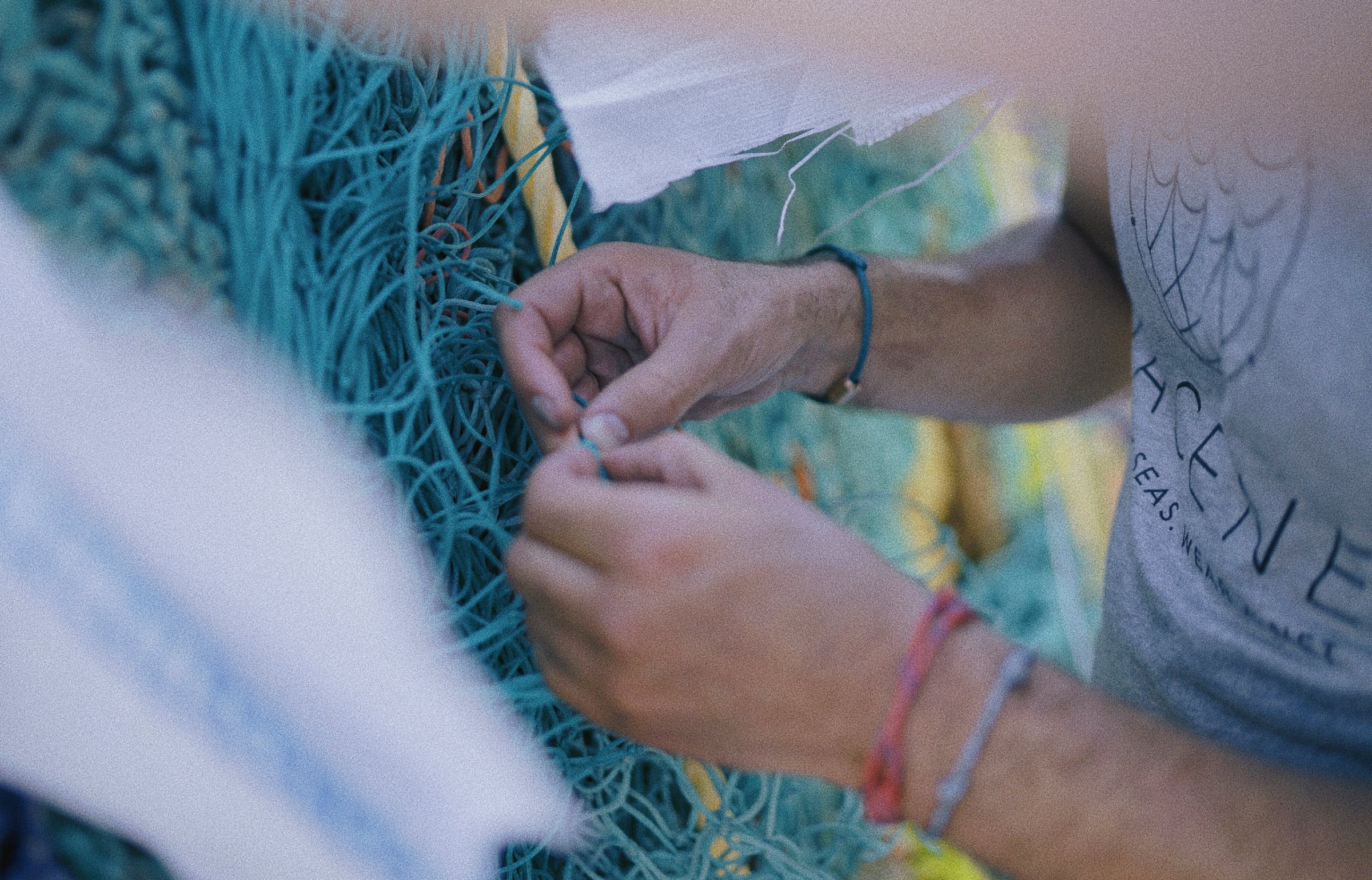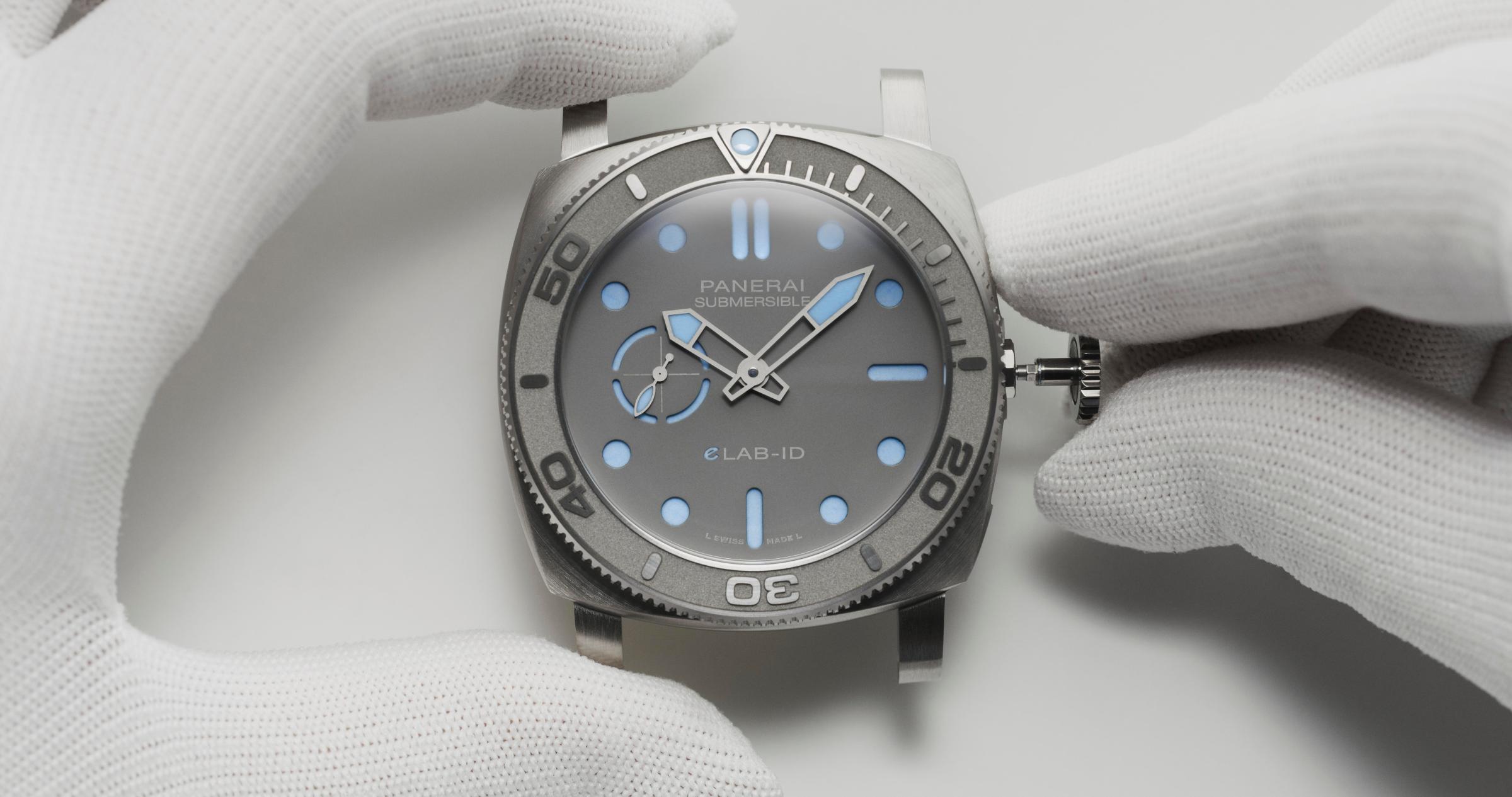
As watchmakers from around the world gather in late March in Geneva for one of the industry’s biggest events—the Watches and Wonders fair—Switzerland-based Oris will announce a luxury diver’s watch with a swirly blue and green dial. There’s nothing remarkable in that, except that the dial of the Oris X Bracenet (2,350 Swiss francs, or $2,508) is made of upcycled ghost fishing nets recovered from the ocean. Luxury watches have always been about communicating more than the time, and what this one gets across is its maker’s sustainability program.
Oris became climate neutral in 2021 and frequently collaborates with conservation organizations. It stands out against others in the Swiss watch industry, which have been slow to respond to consumer appetite for products with a strong environmental profile.
The scale of the ambivalence was exposed five years ago when the World Wide Fund for Nature (WWF) published a report examining Swiss watchmaking’s social and environmental impact, concluding that it “does not meet good environmental standards.” Well-known names like Rolex, Omega, and Patek Philippe were classified as “latecomers” and “nontransparent,” while only IWC received praise. (Oris wasn’t included in the report.)
This could prove a thorn in the industry’s side. Deloitte’s 2022 annual report on the Swiss watch industry found “sustainability and environmental impact” is now the third most powerful driver behind a watch purchase (after brand and price) for buyers in China, the world’s second largest importer of Swiss watches. With climate-conscious millennial and Gen Z consumers now purchasing luxury in greater numbers, the trend will likely gather momentum.
More from TIME
But the luxury-watch industry appears to be waking up. Strategies vary: last year, IWC hired supermodel Gisele Bündchen as an environmental and community-projects adviser, Chopard’s watches contain only so-called ethical gold from traceable sources, while Panerai and Breitling have replaced wooden boxes with lower-impact packaging.
Damien Oettli, head of the markets team at WWF Switzerland, says that the industry has started to take the “first steps to address sustainability issues” but that “too many brands are still only paying lip service” to the problem.
The watch sector has recovered well from the pandemic, with record exports last year. But its growth has hampered its sustainability efforts. Richemont, parent company of Cartier and Montblanc, said in its 2022 sustainability report that its emissions had increased from the prior year.
For consumers, luxury watches with clear sustainability efforts remain scarce. Some brands, like Oris, have used recycled materials. Two years ago, Panerai said it had set a record for the watch with the most recycled components, claiming the Submersible eLAB-ID was 98.6% recycled by weight. Ulysse Nardin used recycled fishing nets for the Ocean Race Diver’s case. Both were limited in production.

A more common approach for companies is to partner with an environmental project. Omega, for example, has helped fund conservation projects with the GoodPlanet Foundation, among other initiatives.
In the fall, Breitling used its Super Chronomat Origins to spearhead its switch to what it calls “artisanal gold” and lab-grown diamonds by the end of 2025. “These will be responsibly sourced from accredited suppliers and backed by end-to-end traceability,” says CEO Georges Kern. “As a watchmaker, this is where we can use our influence.”
Other brands are teaming up. Last April, Cartier and luxury group Kering established the Watch & Jewellery Initiative 2030. The concept is similar to the Fashion Pact of 2019, which saw more than 250 companies commit to science-based targets and meeting the goals of the 2015 Paris Agreement. Chanel, Gucci, IWC, and Jaeger-LeCoultre are among its 25 member brands. All have signed up to the U.N.’s 17 Sustainable Development Goals.
One thing brands engaged in sustainability agree on is their hold over consumers. “We have to reduce our footprints,” says Panerai CEO Jean-Marc Pontroué, “but also to educate and convince the wider public so that they become part of the change.”
More Must-Reads From TIME
- The 100 Most Influential People of 2024
- The Revolution of Yulia Navalnaya
- 6 Compliments That Land Every Time
- What's the Deal With the Bitcoin Halving?
- If You're Dating Right Now , You're Brave: Column
- The AI That Could Heal a Divided Internet
- Fallout Is a Brilliant Model for the Future of Video Game Adaptations
- Want Weekly Recs on What to Watch, Read, and More? Sign Up for Worth Your Time
Contact us at letters@time.com